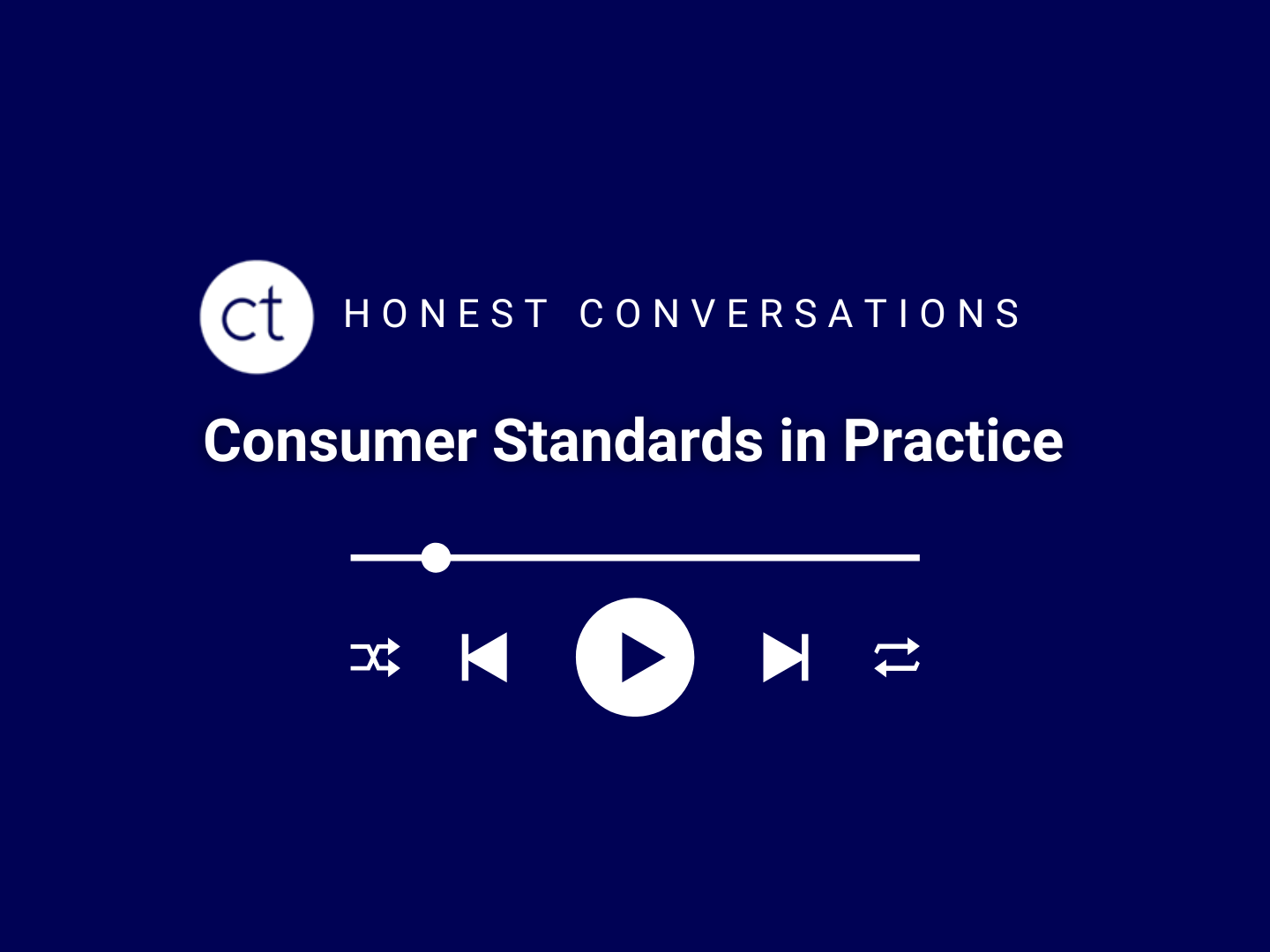Greg Campbell, Partner at Campbell Tickell, argues that communities will be under strain like never before after COVID-19.
Sooner or later, this will all be over.
We will either have a vaccine that works (no, not hydroxychloroquine), or we will have therapies that enable the virus to be managed (as we do with HIV/AIDS, for which there is still no vaccine).
But we won’t be going back to the way things used to be, in the good old days of January 2020. The way we live, the way we work, the way we engage with people – these will all be different.
Offices aren’t dead.
Rather than being the principal places of work for many, offices will be part-time places of work, used in particular for collaboration and engagement, sharing culture and information. And people who were used to going in four or five days a week will in future be going in perhaps two or three days a week, perhaps even less than that.
Our homes will be a major focus of attention. For many they will be part-time workplaces. That means much more of a focus on space – have you got room to work? Have you got storage for your work kit?
And our communities, our neighbourhoods will be central in this new environment.
While the concept preceded the full-scale advent of the virus, the ‘15-minute city’ promoted by Anne Hidalgo, mayor of Paris, is directly relevant.

iStock
But at the same time, the needs of those communities, and crucially of their residents, will change.
The sad reality is that unemployment will grow, homelessness too. They are already growing.
How will we be able to meet their needs? This is happening at a time when the traditional institutions – councils and local charities in particular – are further under the financial cosh than ever.
Tackling local needs and demands
Despite government support, councils in England are reckoned to have a £2bn spending gap this year because of COVID-19 alone, according to the Institute for Fiscal Studies, and an increasing number fear they will have to issue Section 114 notices, freezing all uncommitted spending.
No wonder that local government reorganisation – whether encouraged by carrot (for example, devolution deals) or enforced by stick (via legislation) – is on the agenda, as we await the government’s Devolution White Paper. Whether because of a lack of resources, or because of major impending change, or both, many councils will struggle to continue to meet local demands.
As to charities, a recent report in Civil Society, based on a survey by Pro Bono Economics, estimated that as many as 10% of the roughly 168,000 charities in England and Wales could go bust this year. And that is without counting the funding shortfalls experienced by those that will (hopefully) survive.
Who does that leave to help tackle local needs and demands?
The role of housing
Housing associations will have to be part of the solution. While their income streams are bound to be affected, for instance by potentially spiking rent arrears and bad debts as unemployment and poverty grow, their nature means that their financial position is relatively secure, even if maintenance and development programmes are forced to slow.
Housing associations can expect more people to come calling at their door for wider support than housing alone. And they should be ready to respond. In a sense, it can be seen as an opportunity for the sector to show its worth even more strongly, maximizing local engagement and community roots, building on and extending existing community partnerships – becoming the ‘community glue’.
Housing associations can expect more people to come calling at their door for wider support than housing alone. And they should be ready to respond.
Many housing associations are of course already signed up to this agenda, and do great work at local level, with active and effective partnership working of different kinds with councils; health, care and support providers; charities; and others.
And there have been many excellent examples of joint working and mutual support in evidence during the pandemic, and we have previously highlighted examples. Some associations are not there yet, though. As your organisation considers the way forward in these uncertain times, reviewing how you work in partnership with others, and how you support your community, should be a central part of your strategy and corporate plan.
To discuss this article further, please contact Greg Campbell on: greg.campbell@campbelltickell.com
This article first appeared in Inside Housing
| Campbell Tickell is an established multi-disciplinary management and recruitment consultancy, operating across the UK and Ireland, focusing on the housing, social care, local government, sport, leisure, charity and voluntary sectors.
We are a values-based business and firmly place the positioning of our support and challenge on helping organisations to attain change that is well thought through, planned and sustainable. At CT, we want to help organisations create the landscape within which we ourselves would like to exist: fair, inclusive, diverse, engaged and transparent. We build from our values in how we approach all our work as a practice. Find out more about our services. |



